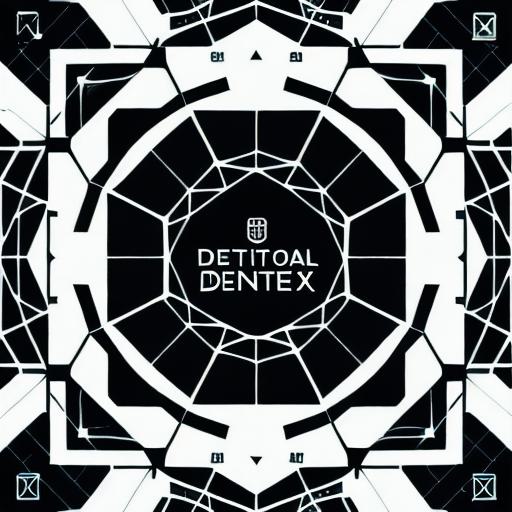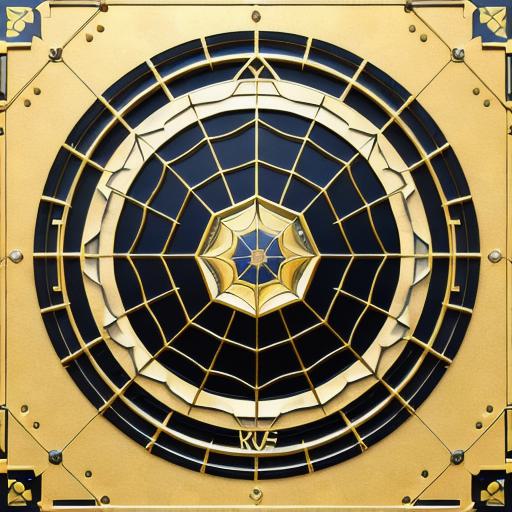The Power of Decentralized Web with Orbis Web3: A Guide for Web3 Developers

In today’s digital age, the power of decentralized web has become increasingly important. The traditional centralized systems have been found to be vulnerable to security breaches and data manipulation. To address these concerns, decentralized web technologies such as blockchain, smart contracts, and cryptography are being used to create secure and transparent systems that empower individuals and organizations.
One of the key players in this space is Orbis Web3, a platform that enables users to build and deploy decentralized applications (dApps) on the blockchain. In this guide, we will explore the benefits of decentralized web and how Orbis Web3 can help you unlock its full potential.

What is Decentralized Web?
Decentralized web is a distributed network that allows users to access and interact with data and applications without relying on centralized servers or intermediaries. Instead, the power of decentralized web comes from its ability to leverage the collective intelligence and resources of its users.
One of the main benefits of decentralized web is its security. Since there is no single point of failure, it is much more difficult for hackers to compromise the system. Additionally, because all data is stored on a distributed ledger, it is transparent and tamper-proof, making it ideal for applications that require high levels of trust.
Another advantage of decentralized web is its ability to enable new business models. By leveraging blockchain technology, it is possible to create peer-to-peer marketplaces, decentralized finance systems, and other innovative solutions that were previously impossible with centralized systems.
Orbis Web3: A Powerful Platform for Decentralized Applications
Orbis Web3 is a powerful platform that enables developers to build and deploy decentralized applications on the blockchain. It provides a wide range of tools and resources that make it easy to create secure, scalable, and cost-effective dApps.
One of the key features of Orbis Web3 is its support for multiple blockchain networks, including Ethereum, Binance Smart Chain, and Polygon. This allows developers to choose the network that best suits their needs based on factors such as gas fees and transaction speed.
Orbis Web3 also provides a range of development tools and frameworks that make it easy to create dApps using popular programming languages such as Solidity, JavaScript, and Python. Additionally, it offers built-in support for smart contracts and decentralized storage solutions, enabling developers to build more complex and powerful applications.
Case Studies: Real-Life Examples of Decentralized Applications Built with Orbis Web3
There are many examples of successful decentralized applications built using Orbis Web3. Here are a few that illustrate the platform’s capabilities:
- Deploygate: Deploygate is a dApp built on Ethereum that enables users to deploy and manage smart contracts without needing to write code. It was created by Alex Birkman, a well-known web3 developer, using Orbis Web3’s development tools.
- Trivialtrade: Trivialtrade is a decentralized platform for buying and selling sports tickets. It was built using Orbis Web3 and leverages smart contracts to enable transparent and secure ticket transactions.
- NFTGallery: NFTGallery is a marketplace for buying, selling, and displaying non-fungible tokens (NFTs). It was built on Ethereum using Orbis Web3’s development tools and supports a range of NFT standards, including ERC-721 and ERC-1155.
FAQs: Frequently Asked Questions about Decentralized Web and Orbis Web3
Q: What is decentralized web?
A: Decentralized web is a distributed network that allows users to access and interact with data and applications without relying on centralized servers or intermediaries.
Q: What are the benefits of decentralized web?
A: The benefits of decentralized
